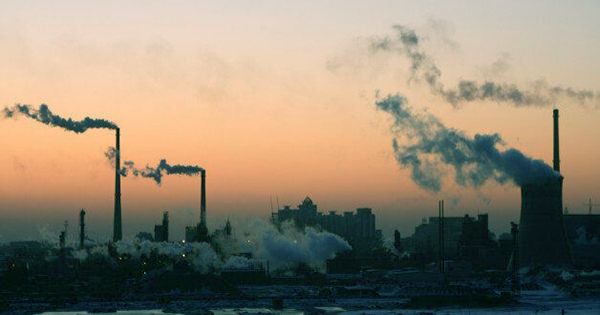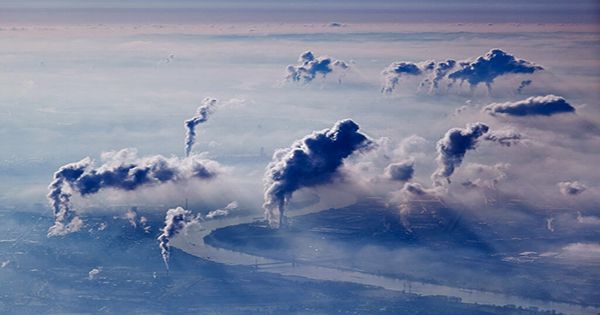According to a massive new global study, air pollution caused about six million preterm births and nearly three million underweight kids around the world in 2019. Exposure to PM2.5 or microscopic airborne particles of pollutants like soot and ash, during pregnancy, has been linked to an increased chance of their babies being born too small or too early, according to mounting research. It has also generally recognized that preterm delivery problems are the largest cause of death among children under the age of five in the globe and that they increase the risk of many diseases dramatically. The risk is particularly severe in low-income areas, where nearly half of babies born before 32 weeks (2 months early) die.
Scientists from UC San Francisco and the University of Washington attempted to acquire a worldwide overview of how air pollution influenced delivery and child death in 2019, according to a study published in the journal PLOS Medicine. They conducted a meta-analysis of numerous major markers of pregnancy around the world, including gestational age at birth, reduction in birth weight, low birth weight, and preterm birth, using massive volumes of existing data.

In poor countries, there was a significant influence. According to the findings, reducing air pollution in Southeast Asia and Sub-Saharan Africa might lower the global prevalence of preterm delivery and low birth weight by over 78 percent. However, the sting felt in developed parts of the world as well. According to the study, there were about 12,000 premature births in the United States in 2019 that linked to outdoor air pollution.
Indoor air pollution, primarily from the burning of coal, dung, and wood inside the home in underdeveloped nations, is connected to up to two-thirds of the negative impacts on delivery. The remaining third was created by combustion processes from automobiles, fossil fuel burning, and industries, which resulted in ambient outdoor pollution. The authors of this new report collaborated on the State of Global Air report as well. The annual study for 2020 focused on how air pollution affects pregnancy and childbirth, claiming that air pollution was responsible for 476,000 baby deaths in 2019.
Scientists are still trying to figure out why air pollution appears, linked to premature births. Air pollution, in general, is known to cause hazardous compounds in the blood and stress the immune system, both of which can weaken the placenta surrounding the fetus and result in preterm birth. Soot particles have also been shown to infiltrate the fetal region of the placenta, causing inflammatory reactions and perhaps reacting with DNA, according to studies.
Whatever the cause, the researchers believe the remedy is self-evident: “The burden of air pollution is huge, but with enough effort, it might be largely alleviated,” said Dr. Rakesh Ghosh, lead study author and public health specialist at UCSF’s Institute for Global Health Sciences. “With this new, more thoroughly collected evidence, air pollution should now be considered a key driver of child illness and mortality, not simply chronic adult diseases,” Ghosh said.
















